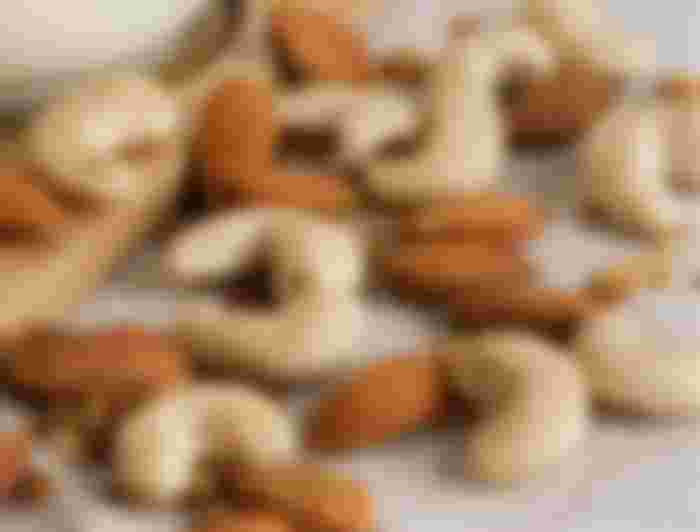Plants have a wide variety of medicinal potentials that has remained greatly untapped. This has generated huge and renewed interest in ethnomedicine, ethnobotany and ethnopharmacology. Extracts from these plant parts (especially the roots, stems, leaves and fruits) have been used extensively to treat infectious diseases and inflammatory and oxidative stress related conditions . Traditional medicinal plants have the ability to synthesize a wide variety of chemical compounds that play a major role in primary health care as therapeutic remedies. Additionally, they serve as alternative sources for western medicines that are expensive, synthetic and as consequence, may have adverse side effects . Chemical compounds in plants mediate their effects on the human body through processes identical to those in conventional drugs.

The cashew tree (Anacardium occidentale L) is one such plant with potentials for use as a medicinal plant. It belongs to the family of the flowering plant, Anacardiaceae, whose leaves and/or the stem barks have been used for treatment of eczema, diarrhea, dysentery, colonic pains, genital problems, venereal diseases, impotence, bronchitis, cough and syphilis-related skin disorders. It has also been reported to possess anti-diabetic, anti-inflammatory anti-microbial and anti-ulcerogenic properties. These bioactivities may be attributed to the presence of secondary metabolites (including flavonoids, phenols, phenolic glycosides, saponins and glycosides) on the plant . These compounds however, differ widely in their structure, biological activities and mechanisms of actions, and consequently may modulate different pathways.
Many researchers have reported that medicinal plants contain various bioactive components that exhibits antioxidant and anti-microbial activities with beneficial health effects . Oxidative stress has been implicated in the development of chronic and degenerative ailments such as cancer, autoimmune disorders, rheumatoid arthritis, cataract, aging, cardiovascular and neurodegenerative diseases. Antioxidants are chemical compounds that reacts with and neutralize free radicals generated in biological systems during cellular metabolism, thus preventing them from causing damage. Natural antioxidants are however gaining desired attention for their ability to protect the human body from these free radicals mediated oxidative stress reactions . Antioxidants mediate these reactions by free radical scavenging, peroxide decomposition, suppression of singlet oxygen, enzymatic inhibition and increasing the levels of endogenous defences. The medicinal and antimicrobial properties of cashew plant and their component phytochemicals (alkaloids, tannins, flavonoids, phenolics and other compounds) have been investigated. reported that flavonoids and tannins are responsible for the antimicrobial activity of cashew stem against syphilis. This is probably attributed to their ability to form complexes with extracellular and soluble proteins and also with bacterial cell walls resulting in microbial membranes disruptions and inhibitory actions. Phenolic compounds are also believed to be toxic to microorganisms by the mechanism of enzyme inhibition by the oxidized compounds, possibly through reaction with sulfhydryl groups or through more non-specific interactions with the proteins.

Everything has its own use, that is why Bible said everything that God created is perfect